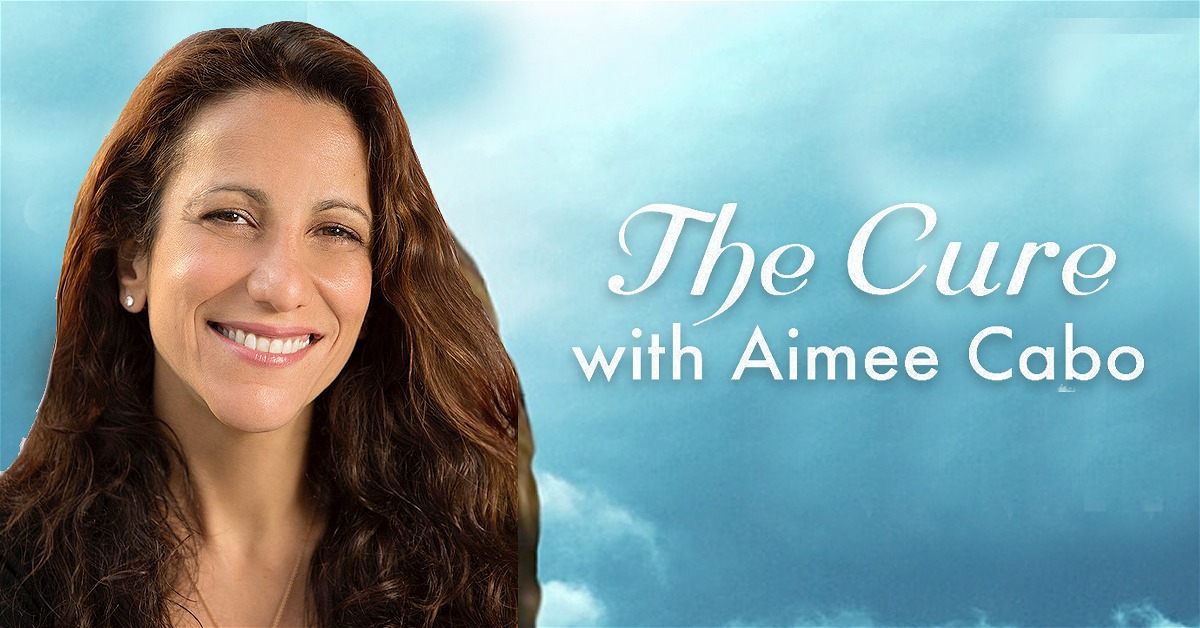In the journey of recovery from mental health challenges, addiction, trauma, or any form of adversity, self-compassion emerges as a fundamental pillar of healing and growth. While external support and validation are crucial, cultivating a compassionate relationship with oneself is equally vital for navigating the ups and downs of recovery. This blog explores the significance of self-compassion in the process of recovery, highlighting its role in fostering resilience, self-acceptance, and inner healing.
1. Understanding Self-Compassion
Self-compassion encompasses treating oneself with kindness, understanding, and acceptance, especially in times of difficulty or suffering. It involves recognizing one's humanity, acknowledging imperfections, and extending the same kindness and understanding towards oneself as one would to a friend facing similar challenges. Self-compassion involves three key components: self-kindness, common humanity, and mindfulness. Self-kindness entails being gentle and understanding with oneself, rather than harshly self-critical. Common humanity emphasizes the recognition that struggles and setbacks are universal human experiences, connecting us to others in our shared humanity. Mindfulness involves being present and aware of one's thoughts and feelings without judgment, allowing for a compassionate response to inner experiences.
2. Overcoming Self-Criticism and Shame
Self-criticism and shame are common barriers to self-compassion, often stemming from internalized beliefs, societal expectations, or past experiences of trauma or rejection. However, practicing self-compassion can help individuals overcome self-criticism and shame by fostering a sense of empathy and understanding towards oneself. By acknowledging and validating one's emotions and experiences without judgment with the help of experts such as Aimee Cabo, individuals can break free from the cycle of shame and self-blame. Moreover, recognizing the common humanity of suffering allows individuals to realize that they are not alone in their struggles, reducing feelings of isolation and shame.
3. Cultivating Self-Acceptance
Self-compassion is intricately linked to self-acceptance, the process of embracing oneself fully, including both strengths and weaknesses. Cultivating self-acceptance involves acknowledging and embracing one's unique qualities, experiences, and vulnerabilities without judgment or comparison to others. It requires letting go of unrealistic expectations and societal standards, and instead, embracing authenticity and self-awareness. Through self-compassion practices such as self-kindness, mindfulness, and common humanity, individuals can foster a deeper sense of self-acceptance, leading to greater self-esteem and resilience in the face of challenges.
4. Nurturing Emotional Resilience
Emotional resilience, the ability to bounce back from adversity and navigate life's challenges with grace and strength, is bolstered by self-compassion. By cultivating a compassionate relationship with oneself with the help of experts such as Aimee Cabo, individuals develop greater emotional resilience and coping skills to navigate setbacks and difficulties. Self-compassion allows individuals to acknowledge and validate their emotions, rather than suppressing or denying them, fostering emotional regulation and well-being. Moreover, self-compassion provides a buffer against stress and burnout, allowing individuals to bounce back from setbacks and maintain a sense of balance and well-being in the face of adversity.
5. Enhancing Recovery and Healing
In the context of recovery from mental health challenges, addiction, trauma, or other forms of adversity, self-compassion plays a pivotal role in enhancing healing and recovery. Self-compassion practices such as self-kindness, mindfulness, and common humanity provide individuals with the inner resources and support needed to navigate the challenges of recovery with resilience and grace. By cultivating self-compassion with the help of experts such as Aimee Cabo, individuals can let go of self-destructive behaviors, develop healthier coping mechanisms, and embrace a path of healing and growth. Moreover, self-compassion fosters a sense of self-worth and inner stability, empowering individuals to engage in the hard work of recovery with courage and compassion towards themselves.
6. Practicing Self-Compassion in Daily Life
Incorporating self-compassion into daily life involves integrating self-kindness, mindfulness, and common humanity into one's thoughts, actions, and interactions. Start by cultivating self-awareness and mindfulness through practices such as meditation, journaling, or mindfulness exercises. Practice self-kindness by speaking to yourself with warmth and understanding, especially in moments of difficulty or self-doubt. Moreover, recognize the common humanity of suffering by acknowledging that struggles and setbacks are a natural part of the human experience, connecting you to others in compassion and empathy. By integrating these self-compassion practices into daily life with the help of experts such as Aimee Cabo, individuals can foster a deeper sense of well-being, resilience, and self-acceptance on their journey of recovery and healing.
Self-compassion serves as a guiding light on the path of recovery, offering solace and support during times of hardship and adversity. By embracing self-kindness, acknowledging our shared humanity, and cultivating mindfulness, individuals can transform their inner dialogue and foster a deeper sense of acceptance and resilience. Through the practice of self-compassion, individuals not only heal from past wounds but also build a foundation of strength and self-awareness that empowers them to navigate life's challenges with grace and dignity.
As we reflect on the importance of self-compassion in recovery, let us remember that it is a journey, not a destination. It requires patience, perseverance, and a commitment to nurturing ourselves with the same care and compassion we would offer to a cherished friend. By embracing self-compassion as a cornerstone of our recovery journey with the help of experts such as Aimee Cabo, we unlock the power to heal, grow, and thrive, fostering a sense of wholeness and well-being that extends far beyond our struggles and setbacks.





Comments